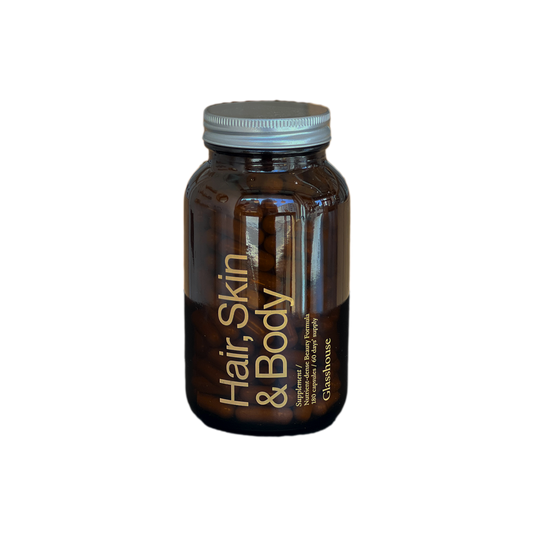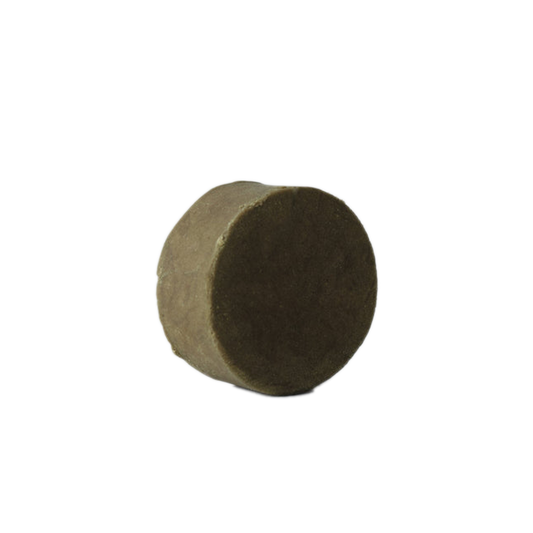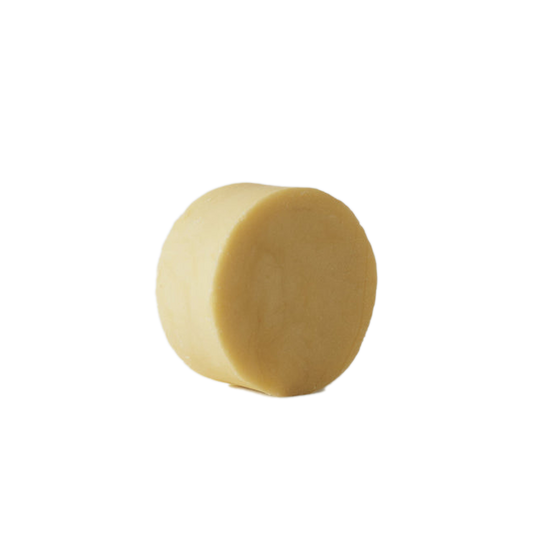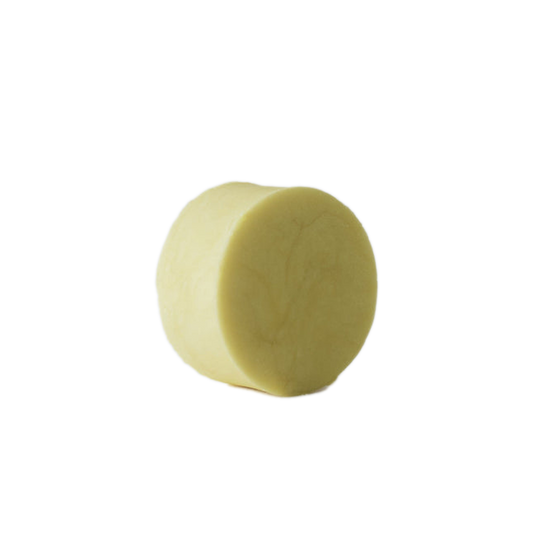Transforming our farming system for the better isn’t just about switching up what we eat, Organic Beauty and Wellbeing Week (7-13 September), part of the Soil Association’s Organic September campaign is an opportunity to reexamine what we put on our bodies not just what goes in them.
What is organic beauty?
“When we choose organic, we are making a commitment to ourselves and to our planet, we are championing natural, less processed and environmentally friendly products. This is important for anything we put in and on our bodies, from the food we eat to the skincare products we use daily,” say Mimi + Tor, founders of Basho Skincare, which relies on the power of plants and the rhythms of nature for its range of face and body oils.
Essentially, organic certification signals that a product is farmed without the use of harmful pesticides, Genetically Modified Organisms (GM), herbicides, synthetic fertilisers and other potentially harmful chemical inputs. However, without a unified legal definition, the industry relies on independent bodies to verify standards. In the UK, this falls to the Soil Association and its beauty logo COSMOS Organic, but you should also look out for NaTrue and EcoCert. (Bear in mind that different countries will carry different logos).
It has taken a while for ‘organic’ to move out of the fusty corners of farm shops and into the bright lights of our bathrooms, but we are lucky to work with a number of brands who are bringing organic principles to new audiences with flair. With its alluring scent combinations and dreamy artist collaborations, LA-EVA is one such brand giving the movement a much-needed face lift. Originally a purveyor of artisan soaps, LA-EVA has since evolved into a chic range of multipurpose products that zone in on organic, ethically sound ingredients. LA-EVA means ‘left of centre’ in Latin, but these elegant apothecary-style glass bottles (recyclable and refillable FYI) are bound to take centre stage in your skincare routine.
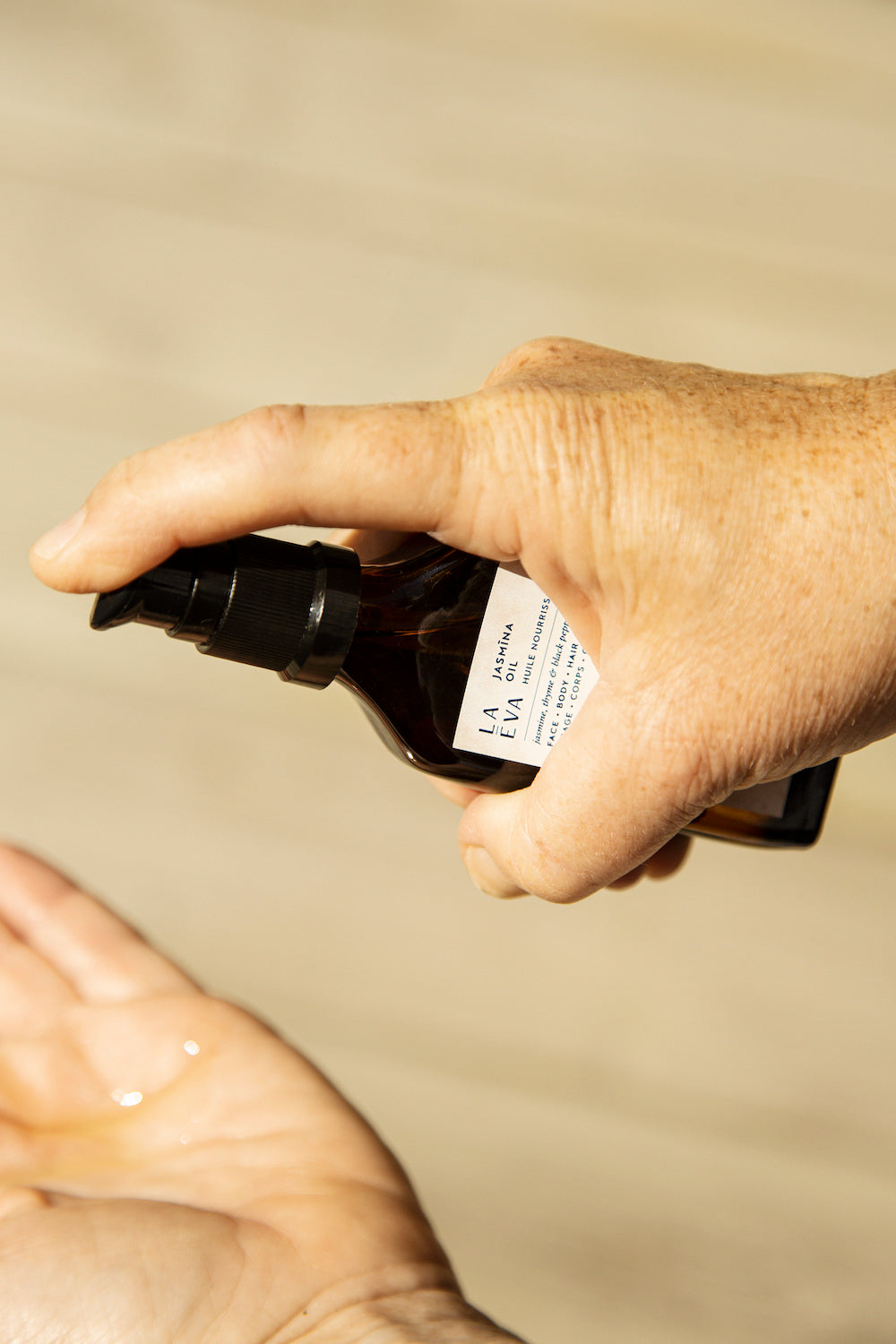
In a recent panel discussion hosted by the Sustainability Lifestyle Awards, founder Louisa Canham discussed what being certified means to her team. “The organic, vegan and cruelty-free certifications that we have opted for involve rigorous checking of our chain of supply and trace each ingredient back to source, assuring us and our customers that what is contained in our bottles is the purest of what is available, respectful towards the natural habitat and produced from renewable raw materials.” But beyond the practicalities, Canham pointed to something less visible than a label but just as important: the joy in making considered earth-friendly choices.
“Sustainability is about living with compassion for the natural world. It is about a principle of balance and goes hand in hand with buying thoughtfully, using better, and wasting less. Sustainability is inherently about celebrating and maintaining health, wellness and beauty and hopefully over time we can approach the practice of living more sustainably positively - I like the idea that it comes to be associated with being a ‘bon vivant’: “one who lives well”.
It’s a sentiment echoed by new addition to the Glasshouse Shop Ede, the modern wellness range calls its skincare project “a celebration of humans and our connection to nature. While rooted in age-old aromatherapy techniques Ede has done away with the industry’s unsustainable practices, only working with organic and natural plant oils and certified vegan suppliers.
For Basho Skincare, using certified ingredients is crucial but they’re aware the process of certification can be beyond the resources of smaller brands. “We understand that the processes involved in becoming accredited as an organic producer are long and require hard work. Our hope is that there could be more support and incentives for producers to work using organic farming principles, especially for smaller, independent growers. We would love for organic production of essential and carrier oils to be a viable business for growers in the UK and to elevate the standards of the whole industry,” they add.
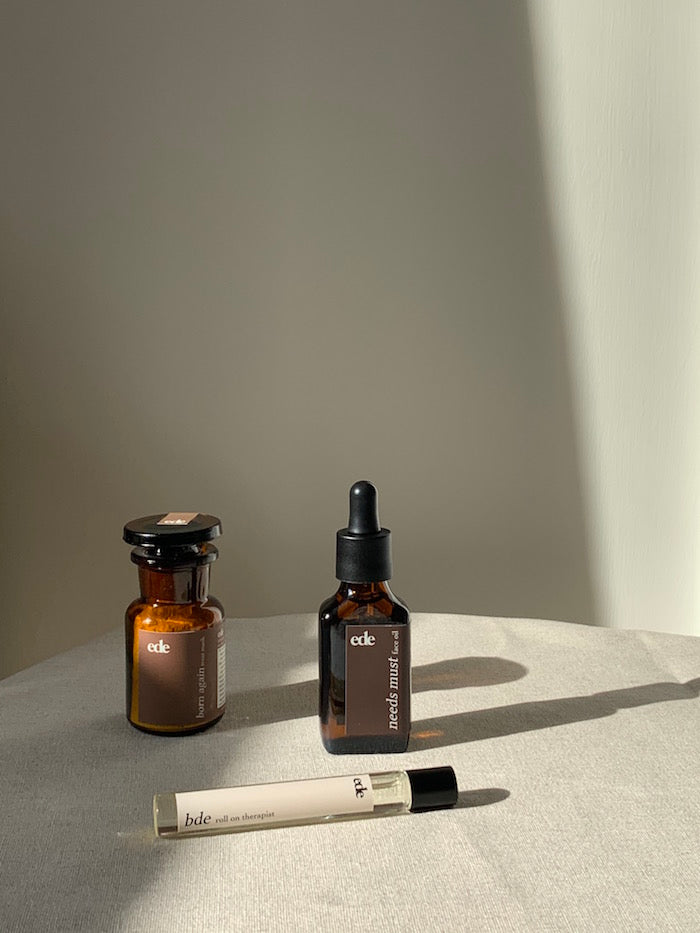
While it doesn’t receive much press, many of the essential and carrier oils commonly used in the beauty industry are grown in countries with poor workers’ rights with minimal health and social care. For Mimi + Tor, it’s important they work with like-minded companies where there are strict in-house codes of practice that ensure ethical standards are met. “These include working conditions, fair pay and safe and responsible extraction.” But they also point out that organic alone isn’t a sure sign of sustainability. “There are certain ingredients we refuse to buy such as Indian Sandalwood because the trees, which take nearly 200 years to grow and provide an amazing habitat for wildlife are cut unsustainably as well as being a serious threat to those involved in the production,” they add.
All of our brands are committed to creating planet-friendly products beyond saying no to toxic chemicals. Whether it’s through recycled, recyclable or refillable packaging, biodegradable, sustainably sourced ingredients and transparency over their farm-to-face manufacturing processes. Often the result is a high performing product with a low impact on the planet. But you don’t have to take our word for it. Studies have shown that organic products contain up to 60% higher levels of antioxidants. And there are innumerable benefits to this climate-conscious system as Mimi + Tor are keen to stress.
“Organic farming principles promote more ecological methods which help to enrich soils and protect biodiversity, wildlife and the environment - essentially working with nature, not against it. We all know the serious damage to soil health and water quality caused by the synthetic chemicals and antibiotics used in intensive farming, so by choosing organic we are choosing the long term health of our planet, not a quick fix. The more in demand organic products become, the stronger the industry will be, allowing more pressure to be put on environmentally hazardous types of farming.”
Here are our top tips for choosing organic
Take it slow
Switching all your beauty and skincare products in the space of a week would be a costly and not to mention wasteful exercise. Instead, the Soil Association suggests readjusting one area at a time as “making one small swap to your self-care routine is the first step to making a world of difference.”
Know your numbers
According to the Soil Association, a product can only be labelled as organic e.g ‘Organic facial oil’ if 95% of ALL ingredients are organic. A 100% organic product is near impossible as something like water can not be certified. What’s more, the Beauty Kitchen has pointed out that some farmed ingredients aren’t certifiable but are far more sustainable than taking the same ingredients from the wild.
For leave on products, 95% of all physically processed agro-ingredients (plant-based ingredients which undergo processing, to extend shelf life, for example) must be organic and at least 20% of the total ingredients must be organic.
For rinse off products, 95% of all physically processed agro-ingredients must be organic and at least 10% of the total ingredients must be organic.
Suss out your personal sustainable markers
Whether you’re against animal testing, avoiding chemicals or trying to make more planet-friendly choices, an ethical brand will be upfront about all these things. As well as organic certification, we’d recommend looking for the cruelty free label and choosing products that avoid hormone disrupting parabens and phyalates and synthetic colours, dyes and fragrances. Our salon go-to Organic Colour Systems uses 60% organic certified ingredients sourced from reputable suppliers and you can also rest easy knowing they steer clear of harsh chemicals such as ammonia, parabens, resorcinol and formaldehyde.
Browse our range of organic beauty online at Glasshouse Shop.
Words: Kyra Hanson Feature image: Basho

